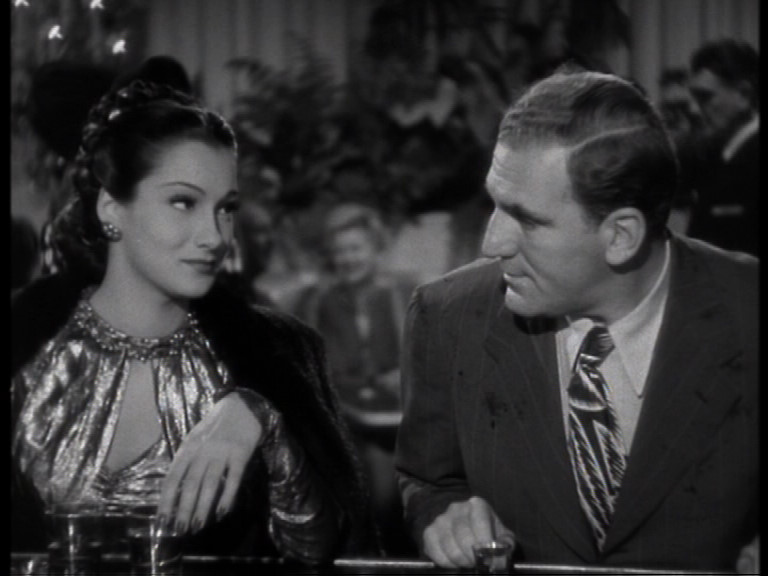 The Tinhorn Blues The Tinhorn Blues
J. Edgar Hoover was the first director of the F.B.I. That's what they called him, too. "The Director". Even behind his back. Like it was all a movie, starring Jimmy Stewart. No Stroheim, Hoover ran the F.B.I. with a keen eye and sound police state tactics, and by 1947, had the best network of utterly reliable informants ever, and made sure every bit of it crossed his desk first. Everybody gave it up for J. Edgar in those days. With pictures and negatives. As for the juicy stuff, Hoover gave it up for nobody but Clyde. The Director especially liked newspaper clippings that praise the work of the Bureau best.
January 23, 1947 3:15pm. A teletyped confrence was issued concerning the Short murder, that's page 8 of the FOIA documents from the FBI's Files For those of you following along.
FROM LA TO DIRECTOR AND NY DATED JAN. TWENTYTHIRD ADVISING [redacted] IDENTIFIED PHOTO FOUND IN VICTIMS EFFECTS AS [redacted] AS A PSYCHONEUROTIC PATIENT WHOSE WIFE COMMITTED SUICIDE [redacted] AFTER KILLING CHILD. TRUE NAME OF SUSPECT[redacted] IS [redacted] HIS WIFE COMMITTED SUICIDE [redacted] AFTER KILLING TWO YEAR OLD DAUGHTER. SUSPECT CONFINED AT [redacted] END OF PAGE ONE.
Now that's odd. That's almost the plot of The Blue Dahlia (1946).
Screenwriter Raymond Chandler has seemingly taken the idea from a real tragedy in then-recent L.A. history. How do we know this? The killer was from the area. A story like that should have made the papers, but was maybe not printed for morale or security reasons.
Chandler the chisler? So here we have our new suspect's story showing up on the silver screen, with himself the war heroic wronged husband and father as played by undersized Alan Ladd in The Blue Dahlia. Was he amused? Did he even make the connection?
The very sad story got out somehow. They always did. The Sleaze Factory; the legendary Hollywood grapevine probably helped. Chandler was reportedly drunk and unusually desperate at that time, as were the studio creeps at Paramount, so they went with the taboo little tale, though they cleaned it up some and gave it the standard Hollywood happy ending. Legend has it, at the direct behest of the War Dept. Mom now kills boy in a drunk driving smash-up, but lives, only to get hers in the end, at the hand of Pops, the blackmailer/house dick, rather than the wounded veteran and music critic, Buzz. Curiouser.
The film was nominated for one Academy Award that year for Best Original Screenplay. Now we know what only Chandler, Beth Short, her killer and a few army doctors knew. Why, the screenplay wasn't original to them at all. It lost. Chandler never misses a beat.
Meanwhile a perfect conjunction of rage, insanity and murder is swirling around the happy couple. Evil takes it's time and space, ripping ones in two. He's already there. A shattered personality, the individual shards of which are acting independently of each other now. He called one of the bigger ones Maurice. And then there's Buzz.
That's'not the half of it, there's a new girl in town, and everybody's started calling her, the Black Dahlia...Fast forward to that night down in Long Beach when they finally saw the thing together. Kismet.They strolled the Pike as he told her the awful truth that it was indeed he that was up there on the screen. She didn't believe him, and said so. Besides, she never cared to date married men. The conversation dried up. The had their picture taken together in one of those photobooths at the arcade. He liked them and bought extras. She didn't. She had a headache. He drove her home. She let him kiss her goodnight.

Helen and Buzz making "The Blue Dahlia"
8:54:36 AM 
|

 The Tinhorn Blues
The Tinhorn Blues